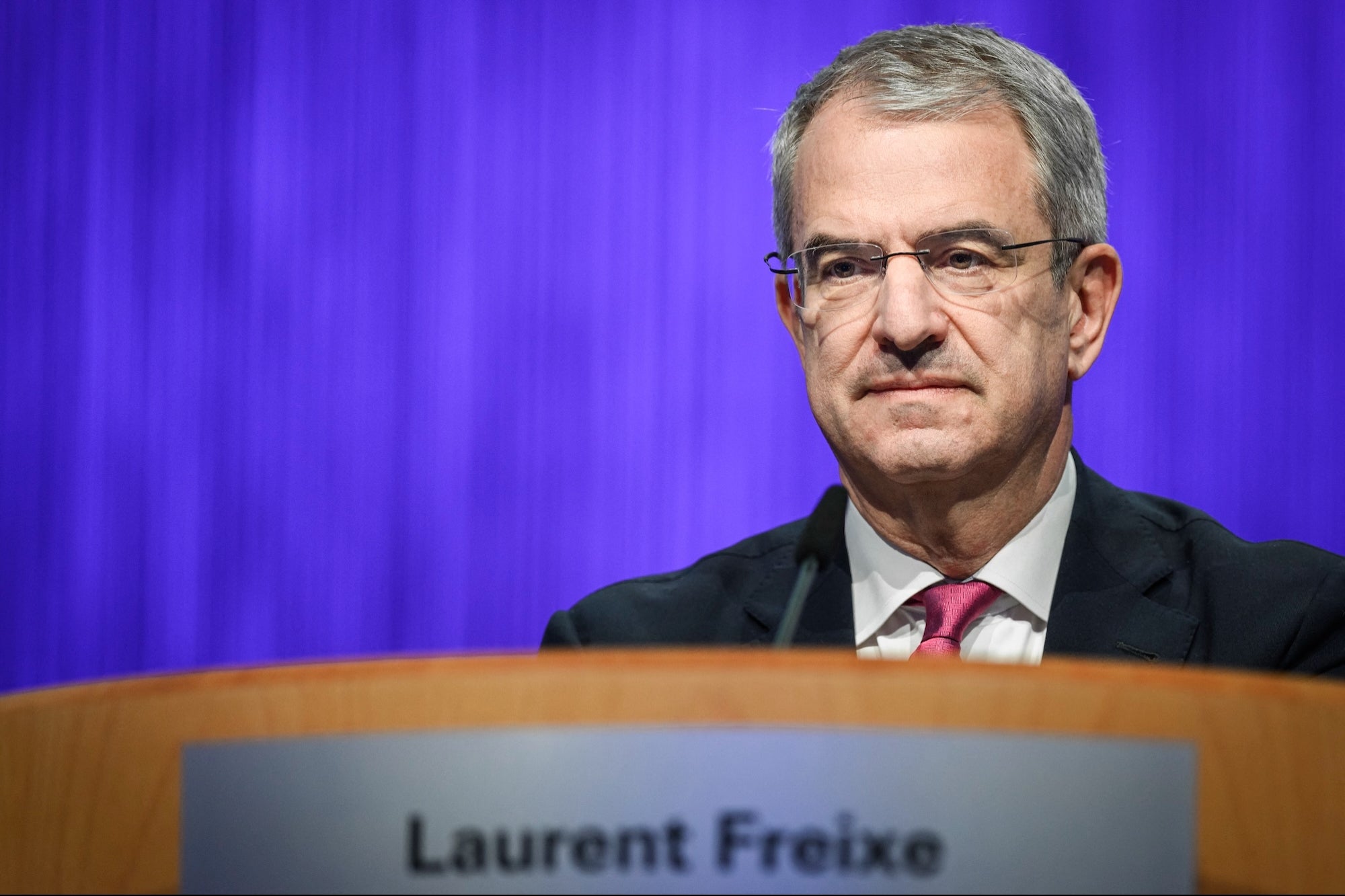Who Really Runs Your Enterprise? Centering an organization on the customer takes a courageous leader more interested in excellence than ego. Find out three strategies for doing so.
By Chip R. Bell Edited by Dan Bova
Opinions expressed by Entrepreneur contributors are their own.
What do Warren Buffett, Jeff Bezos, Mark Zuckerberg and Larry Ellison have in common other than being wealthy CEOs? They are all celebrity CEOs.
When organizations are led by charismatic, memorable leaders, the focus may shift to compliance, obedience and even obsession with Jack's way, Tim's style and Walt's vision. Whether the last name is Welch, Cook or Disney, the issue is the same. When a visitor asks, "Who runs this place" and the answer is the person in the corner office, the organization is clearly leader centered.
Organizations do not exist, thrive or grow, though, for the Jacks or Jills on mahogany row. They do so because of customers. And centering an organization on customers takes courageous leaders more interested in excellence than ego.
Transitioning a company from focusing on its leaders to its customers takes a total alteration in agenda, attitude and action. Those who make that shift can employ the following three strategies:
Related: The 3 Biggest Sins of Customer Engagement
1. Invite the clients' perspective.
The customer's presence should come alive in the daily workings of the organization -- so that one could truly say there are "customers in the boardroom." This might mean customers attend meetings normally reserved for staff only. They could participate in the design of products and services from the outset and give real-time feedback on internal processes that determine their experience.
And eBay has been an ardent practitioner of the "customers in the boardroom" approach. As The New York Times reported several years ago, in a practice started by former CEO Meg Whitman, eBay invited 12 users every 60 days to headquarters to participate in its "Voice of the Customer" program to visit almost every department to talk about ways to improve service. For one a month six times afterward these same users reassembled to explore emerging issues.
Service enhancements for eBay were a byproduct of these customer conversations with senior leaders.
2. Do vigorous research.
Customer-centric leaders hunt for genuine encounters with customers. They spend time in the field and on the floor where the action is lively, not in carefully contrived meetings where the action is limp.
It's one thing to read static customer-satisfaction reports and quite another to spend time in the field gathering firsthand research. The latter can have a far greater impact on leaders' perception of service quality.
When my client, John Longstreet, served the general manager of the Harvey Hotel in Plano, Texas, and I provided consulting on guest services, he occasionally invited frequent guests to his office after check-in for secret assignments. These select guests received instructions to "call housekeeping at 3 a.m. and request 20 towels," "ask room service for something not on the menu" or "break a glass in the restaurant and let me know what happens."
The guest investigator always received a room-rate discount for this research and Longstreet got firsthand invaluable information on how his service processes really worked.
Related: Capturing Repeat Customers Is the Magic of Growth Hacking
3. Pursue positive experiences.
Dashboards are vital tools for companies to use to prioritize certain factors in setting their direction and receive early warnings. Most organizations incorporate financials in these tools, but smart organizations also include consumer data like the number of new customers, people on hold in the call center, abandoned calls or user complaints.
When a hospital states "patients first" in a mission statement but then makes decisions that communicate "physicians first," employees read the truth. Customer-centric leaders are not just advocates for customers.They are aggressive stewards of a culture that relentlessly pursues positive experiences for customers.
Stewardship means staying the course until new behaviors are imbedded as a way of life. It also means remaining vigilant for anything that imperils a focus on customers.
Today's customers not only have more choices and higher expectations. They are armed with up-to-the-minute information on who's who in service providers. When they spot organizations that operate on their behalf, they reward them with their loyalty and funds. Earning that reward takes leaders willing to keep the spotlight off rank and position so as to shine it on customers.
In the words of the late Sam Walton, another celebrity CEO, "There is only one boss. The customer. And he can fire everybody in the company from the chairman on down, simply by spending his money somewhere else."








